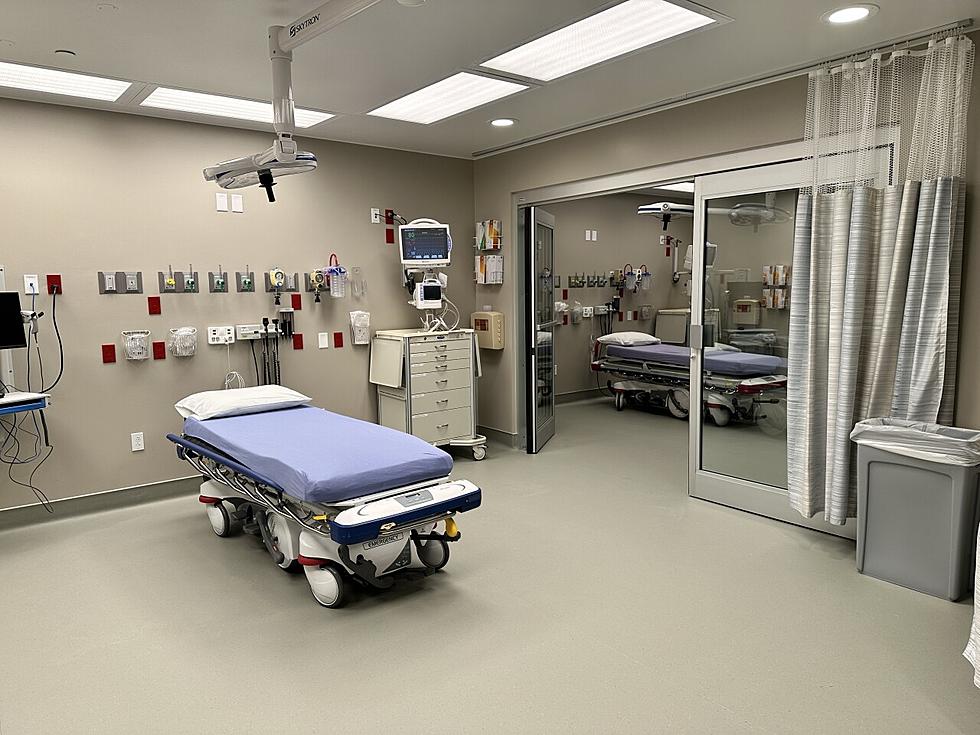
Viewpoint: Right to Contraception Act keeps politicians from exam rooms
Timothy Mitchell
As a maternal-fetal medicine physician, I work to ensure the health and well-being of expectant mothers and their unborn children. I see firsthand how comprehensive reproductive health care, including contraception, is essential for the well-being of families and communities.
By recognizing contraception as a right, women gain greater autonomy to shape their lives in alignment with their personal, medical, and socio-economic circumstances. This, in turn, contributes to healthier families and communities, as women and their partners can plan pregnancies that suit their unique situations, fostering stability and prosperity.
Contraception also plays a role in treating various health conditions. For many women, contraception is a tool for managing endometritis, alleviating symptoms of polycystic ovarian syndrome (PCOS), and mitigating the risk of gynecologic cancers. Moreover, by promoting safe sex practices and providing access to contraceptives, we can reduce sexually transmitted infections, reinforcing the broader health benefits of contraception.
Contraception reduces the strain on healthcare systems by preventing unwanted pregnancies and by mitigating health risks associated with high-risk pregnancies. In places where abortion bans have led to the closure of clinics and a shortage of healthcare professionals, the repercussions are severe, further emphasizing the importance of comprehensive reproductive care that includes contraception.
Sadly, in the wake of the Dobbs decision, we have seen the groundwork being laid to challenge not just abortion access but contraception as well. Two years ago, 195 Congressional Republicans voted against the “Right to Contraception Act,” which would have codified this essential healthcare in federal law. It only passed the House thanks to the support of all 220 Democrats then in the majority. Senate Republicans then proceeded to block all action on the measure in the Senate in 2022 and again last year.
There can be no confusion about what these Republican politicians did: They simply don’t want you to have any contraception, including condoms, IUDs, and the pill. Meanwhile, Republican state lawmakers across the country have started introducing legislation to ban common forms of birth control, including IUDs. And some states have enacted laws allowing health care providers to refuse to provide or cover contraception.
As if that weren’t bad enough, in his concurring opinion of Dobbs, Supreme Court Justice Clarence Thomas voiced support for overturning the constitutional right to contraception—a right established in Griswold v. Connecticut in 1965.
The Right to Contraception Act is our stand against these threats. It leaves the choice of contraceptives to a woman and her doctor. Americans, especially Montanans, believe in individual liberty. We need to protect it.
Our exam rooms are sacred spaces—a sanctuary where patients confide in us, seek guidance, and make deeply personal decisions. Politicians have no place in these intimate conversations. The Right to Contraception Act draws a clear boundary, ensuring that healthcare providers can offer contraception and other evidence-based information and care without fear of political interference. When patients trust us with their reproductive health, we owe it to them to protect that trust.
As healthcare providers, we have an ethical responsibility to advocate for accessible contraception. This is part of comprehensive healthcare that ensures patients' rights and well-being. The Right to Contraception Act reflects the medical community's commitment to safeguarding reproductive health and rights.
Members of Congress are again considering the “Right to Contraception Act.” It’s supported by more than 80 percent of the electorate, including Democrats (94%), Independents (76%), and Republicans (68%), and resonates equally with various genders, ages, and racial groups.
I support this landmark legislation and urge everyone to join this crucial fight. It’s time for our elected leaders to listen to their constituents and protect the right to contraception, not just for individual women but for the benefit of families and communities.
Dr. Timothy Mitchell is a board-certified maternal-fetal medicine specialist in Missoula who provides care to women with high-risk pregnancies.
